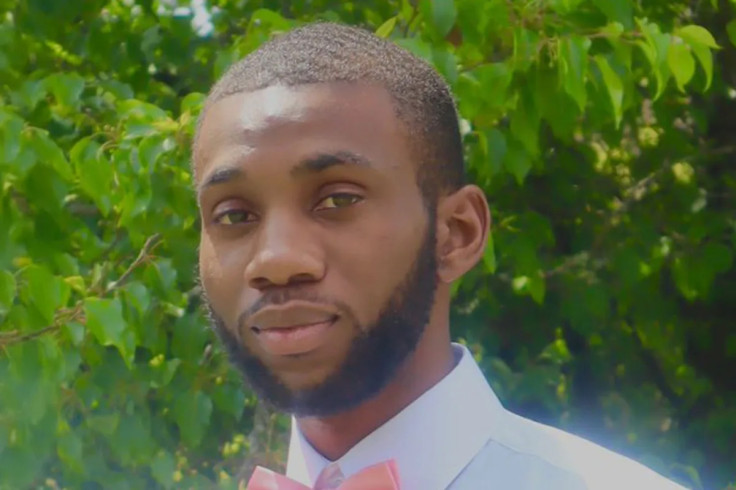Trey Reed Case Update: Kaepernick-Funded Autopsy Confirms It Wasn't Suicide — What Really Happened?
With new findings of blunt force trauma, the death of Trey Reed demands answers about transparency, accountability, and the fight for justice in Mississippi.

When a 21-year-old Black student is found dead on a Mississippi university campus, the official explanation is often swift: suicide. But for the family of Trey Reed, that story is beginning to crumble, exposing deep-seated distrust in a state still haunted by its history. The death of the Delta State University student, initially dismissed by local authorities, has taken a dramatic turn.
A second, independent autopsy, funded by former NFL quarterback and activist Colin Kaepernick, has revealed blunt force trauma to Reed's head. This casts serious doubt on claims he died by hanging alone and fuels a fight for the truth.
A Story Under Scrutiny
On 15 September, Reed's body was discovered hanging from a tree near a pickleball court on campus. Police quickly labelled it a suicide, publicly stating there was 'no foul play', while the county coroner initially reported no signs of bruises or fractures.
For many, however, the conclusion felt premature and unsettlingly familiar.
Reed's family immediately contested the ruling, pointing to visible injuries on his body and insisting the circumstances were profoundly suspicious. In a state where the history of lynching looms large and where a deep-seated distrust of official narratives exists, the community was unwilling to accept the official line without far greater scrutiny.
A Second Look Reveals a Darker Truth
The narrative shifted dramatically following the intervention of Kaepernick's Know Your Rights Camp Autopsy Initiative, which commissioned a second post-mortem examination. The findings from this independent review stand in stark contrast to the initial assessment.
According to sources working closely with Reed's family, the examination revealed significant blunt force trauma to the back of his head. This evidence is fundamentally inconsistent with a death by suicide.
The family's legal team has reportedly reviewed these disturbing details, strengthening their calls for a completely independent inquiry. The development begs a critical question: how did the initial investigation overlook such a vital piece of evidence?
A Mother's Refusal to Stay Silent
From the outset, Reed's mother and relatives have argued that his life was in danger on campus. They have made claims that he faced persistent racism and direct threats before his death, details they feel were ignored by investigators.
Their fight for transparency has now been joined by renowned civil rights attorney Benjamin Crump, who has taken on the case.
Crump cites a troubling pattern across Mississippi where the deaths of Black men are too quickly written off as self-inflicted, denying families the justice they deserve.
For the Reeds, this is not just about honouring their son's memory but about challenging a system they believe has failed them at every turn.
A Local Tragedy Ignites a National Debate
The Trey Reed case is no longer just a local tragedy; it has become a flashpoint in the national debate on racial justice and institutional accountability.
Activists note a chilling pattern: at least eight suspected hangings of Black men in Mississippi since 2000 have been ruled suicides, despite strenuous objections from their families.
Kaepernick's involvement, highlighted in outlets such as Black Girl Nerds, has amplified Reed's story onto the national stage. His influence highlights how prominent figures can force a re-examination of narratives that might otherwise be quietly dismissed.
Whether this powerful new evidence leads to a full reinvestigation remains to be seen. But the message from Reed's supporters is clear: they will not stop until the truth comes out.
© Copyright IBTimes 2025. All rights reserved.





















